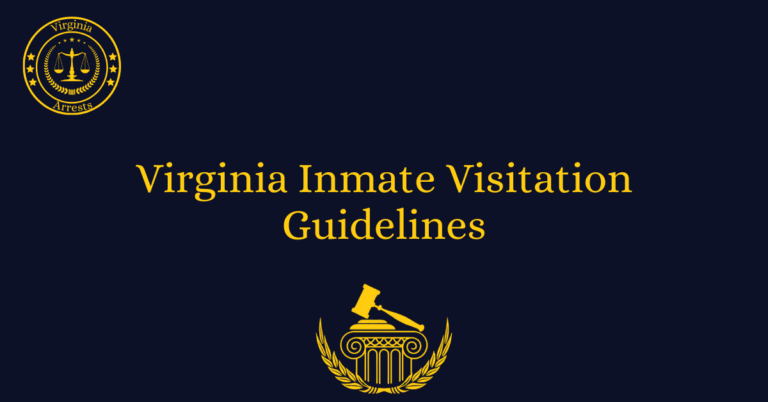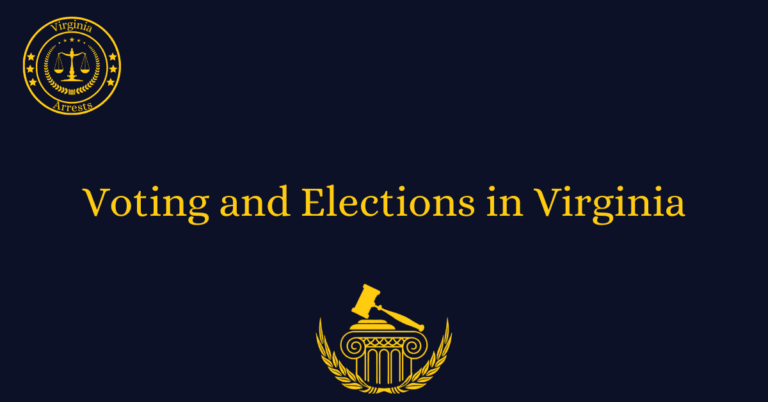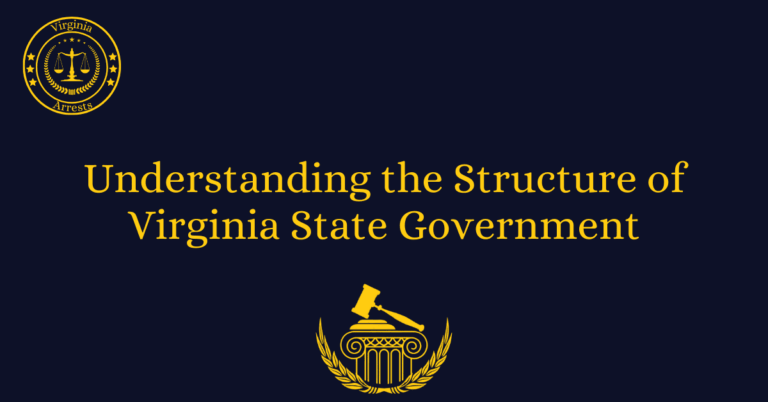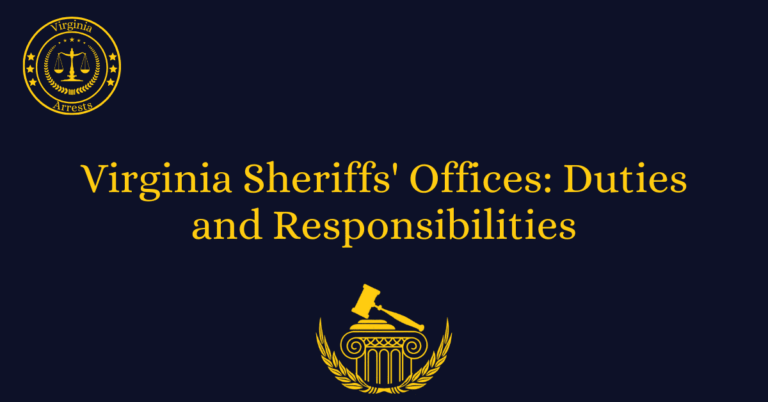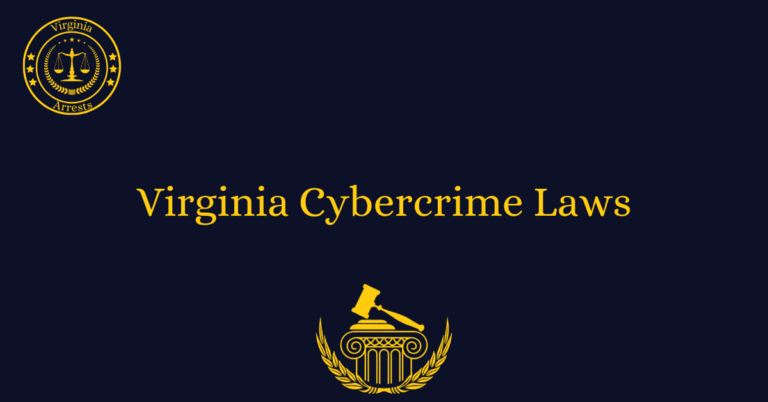Virginia Identity Theft Reporting
Identity theft is a serious crime that can wreak havoc on an individual’s financial well-being and personal reputation. In Virginia, like in many other states, reporting identity theft promptly is crucial to mitigate its effects and prevent further harm. This comprehensive guide outlines the steps individuals in Virginia should take if they become victims of identity theft.
Recognizing Identity Theft
Identity theft occurs when someone unlawfully obtains and uses another person’s personal information for fraudulent purposes. This can include stealing social security numbers, credit card information, or personal identification details.
Immediate Actions to Take
If you suspect that you’ve become a victim of identity theft, it’s essential to act swiftly. Start by contacting the three major credit bureaus – Equifax, Experian, and TransUnion – to place a fraud alert on your credit report. This alert notifies creditors to verify your identity before extending credit, helping prevent further unauthorized activity.
File a Report with Law Enforcement
Reporting identity theft to your local law enforcement agency is crucial. In Virginia, you can typically file a report with your local police department or county sheriff’s office. Provide as much detail as possible about the identity theft, including any fraudulent transactions or accounts opened in your name.
Federal Trade Commission (FTC) Complaint
Additionally, victims of identity theft should file a complaint with the Federal Trade Commission (FTC). The FTC serves as a central repository for identity theft complaints and provides valuable resources to assist victims. You can file a complaint online through the FTC’s website or by calling their toll-free number.
Monitor Your Accounts
Continuously monitor your financial accounts, credit reports, and billing statements for any suspicious activity. Promptly report any unauthorized transactions or accounts to the respective financial institution and follow their procedures for disputing fraudulent charges.
Consider a Credit Freeze
In some cases, victims of identity theft may choose to place a credit freeze on their credit reports. A credit freeze restricts access to your credit report, making it more difficult for identity thieves to open new accounts in your name. Contact each credit bureau individually to initiate a credit freeze.
Stay Informed
Keep yourself informed about identity theft trends and prevention techniques. Many resources are available online, including educational materials from government agencies and consumer advocacy groups. By staying vigilant and proactive, you can reduce your risk of falling victim to identity theft.
Seek Legal Advice
Depending on the severity of the identity theft and its impact on your finances and personal life, you may want to seek legal advice. An attorney with experience in identity theft cases can provide guidance on your rights and options for recourse against the perpetrators.
Document Everything
Throughout the process of resolving identity theft issues, maintain detailed records of all communications, transactions, and actions taken. These records can be invaluable if you need to provide evidence to law enforcement, financial institutions, or credit reporting agencies.
Educate Others
Share your experience with friends, family, and colleagues to raise awareness about the prevalence of identity theft and the importance of taking proactive measures to protect personal information. By educating others, you can help prevent future victims and contribute to a safer online environment for everyone.
FAQs
What is identity theft?
Identity theft is a crime where someone obtains and uses your personal information without your permission, typically for financial gain or to commit fraud.
What are the consequences of identity theft?
Identity theft can have devastating consequences, including financial loss, damage to credit scores, and emotional distress. It can also lead to legal problems if the thief commits crimes using your identity.
How can I protect myself from identity theft?
There are several steps you can take to protect yourself from identity theft. These include regularly monitoring your financial accounts, using strong and unique passwords, being cautious with sharing personal information online, and shredding sensitive documents before discarding them.
What should I do if I become a victim of identity theft?
If you become a victim of identity theft, it is important to act quickly. Start by contacting the authorities and filing a police report. Then, notify your bank and credit card companies, place fraud alerts on your accounts, and monitor your credit reports for any suspicious activity. It is also advisable to seek professional help, such as contacting Virginia Identity Theft Reporting.
How can Virginia Identity Theft Reporting help me?
Virginia Identity Theft Reporting is dedicated to providing a seamless and responsive experience for victims of identity theft. Our team of experts will guide you through the reporting process with professionalism and expertise. We will ensure that your case is handled promptly and efficiently, so you can regain control of your life.
Why should I trust Virginia Identity Theft Reporting?
Virginia Identity Theft Reporting understands the importance of protecting your personal information. We have a reliable and efficient reporting system in place to help you navigate through the process. Trust us to be your partner in the fight against identity theft.
Conclusion
Reporting identity theft in Virginia requires swift action, careful documentation, and collaboration with law enforcement and relevant agencies. By following the steps outlined in this guide and staying informed about identity theft prevention strategies, individuals can minimize the impact of identity theft and take back control of their financial and personal lives. Remember, early detection and intervention are key to mitigating the damage caused by identity theft.


